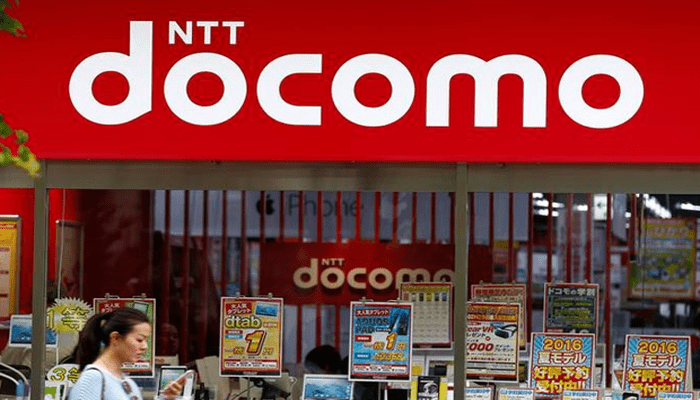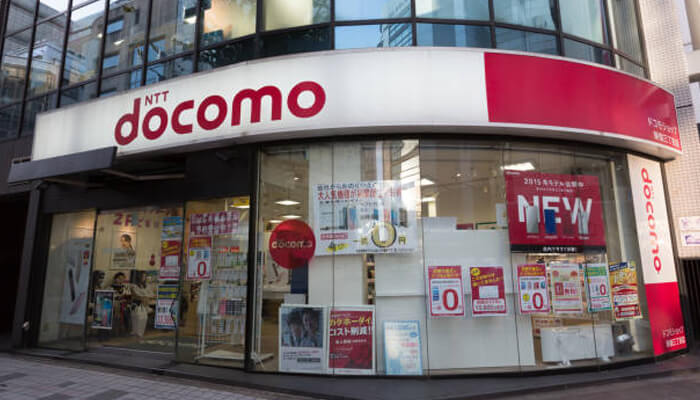Opening yet another battlefront against the Tatas, Japanese telecom major NTT DoCoMo has sued Tata Sons, the group holding firm, in an American court, seeking $1.2 billion in damages that it had won in the London Court of Arbitration in June this year for exiting the loss-making joint venture — Tata Teleservices.
The suit has been filed in the US District Court for the Southern District of New York. “The decision of the LCIA (London Court of International Arbitration) that Tata has breached its commercial agreement and owes DoCoMo$1.2 billion in damages is enforceable in any country which is a signatory to the New York Convention, including the United States.
Until DoCoMo receives the full amount due, it will continue to seek enforcement globally,” a DoCoMo statement said.
Earlier, the Japanese company had warned that it would get courts across the world to attach Tata Sons’ properties to make sure the Tatas pay the exit price that was decided when it invested in the wireless telecom venture in 2009. It had also warned that receivables due from third parties to Tata group companies would be attached to enforce the award.
With a new legal battle in hand, the Tatas are now fighting DoCoMo in the New York court, London Commercial Court and in the Delhi High Court. “Tata Sons has from the outset emphasized its commitment to honouring its contractual obligations to DoCoMo, in accordance with the applicable law. Tata Sons maintains the same position with respect to the award.
However, performance of the award requires the approval of the Reserve Bank of India, which to date has been denied on the basis of pre-existing regulations that are fully in the knowledge of DoCoMo,” said a Tata spokesman.
Explaining the company was not authorized to proceed with payment “by the relevant Indian legal authority”, the spokesman said, “Tata Sons has been advised that enforcement of the award would be contrary to Indian law and public policy.”
Further, the spokesperson said: “Tata Sons is resisting enforcement in India and will resist enforcement in any other jurisdiction DoCoMo files for enforcement.
It bears emphasis that Tata Sons has already placed the full amount awarded to DoCoMo in the arbitration—$1.17 billion in cash — with the High Court of Delhi, where DoCoMo has previously filed for enforcement of the arbitral award and the entire issue is pending adjudication.”
The tussle between the two relates to DoCoMo’s exit price from Tata Teleservices under which the Tatas were to buy out DoCoMo’s 26.5 percent stake at a minimum of 50 percent of its 2009 acquisition price.
But a change in foreign exchange law in 2013 barred any pre-determined valuation of shares, blocking the buyback.
When DoCoMo moved the London Commercial Court to enforce the award in July, the Tatas had said DoCoMo can not attach Tata properties as Tata Sons is a minority shareholder in Tata Steel and Tata Motors-JLR that have operations in the UK and United States.
But the Tata Sons would be walking on thin ice as it owns 74 percent stake in Tata Consultancy Services that earn 55 percent of its revenues, or Rs 58,000 crore, from North America.
The group company Indian Hotels also owns marquee hotel properties like The Pierre in New York and Campton Place in San Francisco in the United States and Tata Motors-owned Jaguar Land Rover earns almost 16 percent of its revenues from North America (see chart: Tata operations in USA).
A Tata source had earlier said NTT DoCoMo’s hardline approach and continuous litigation in Indian and United Kingdom courts was blocking the settlement.
The Tatas said DoCoMo was jumping the gun in legal matters by filing suits overseas instead of settling the case in India.
The source said the group was losing Rs 2 crore a day and had already lost a sizeable amount in interest for the amount ($1.17 billion) deposited with the Delhi High Court.
“We asked for a standstill agreement in legal proceedings to settle the matter but DoCoMo did not do so,” a Tata group official had said earlier.
On the other hand, a source in DoCoMo recently said the Tatas have asked them to first withdraw the case in the London Commercial Court before any settlement talks.
Interestingly, the Reserve Bank of India on Wednesday made an application to the Delhi High Court, asking to be heard in the case. The matter was adjourned to December 1.



